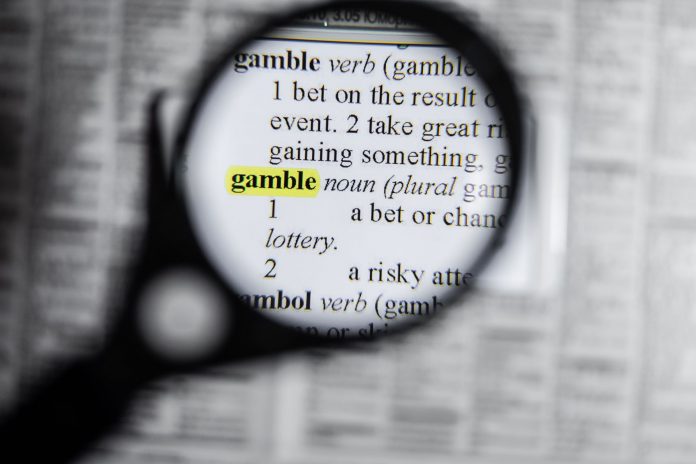The Betting and Gaming Council (BGC) has announced the launch of a £10m independent gambling education initiative in the UK which aims to equip a generation of young people with the knowledge to better understand the risks associated with gambling.
Part of the BGC’s safer gambling commitments, the programme will be delivered by the charities GamCare and YGAM and will see the first-hand education of 120,000 young people as well as the training of over 100,000 professionals who deliver education to young people including teachers, youth workers, community mental health practitioners, police and community sports trusts.
Michael Dugher, Chief Executive of the Betting and Gaming Council, stated: “As the new standards body representing most of the regulated industry, the BGC is delighted to be supporting this fantastic initiative. Educating our young people is vital if we are to ensure that they are better informed and fully aware of the potential risks.
“It’s also essential that those who are teaching them are fully trained and able to look out for the tell-tale signs of any gambling-related harm and how to access help if required. Millions of people occasionally enjoy gambling, whether that’s on the National Lottery or on sports or bingo or gaming.
“The overwhelming majority of people who gamble in the UK do so in a safe way. This important project and investment is part of our ongoing determination at the BGC to promote safer gambling and to further drive up standards.”
The educational initiative will be supported by video and digital content which is set to be further enriched during the COVID-19 lockdown in order to ensure that the programme is delivered through the spaces in which young people consume information.
Furthermore, those individuals who are identified through the programme as being impacted by gambling-related harm will gain further access to help and support from GamCare staff and via its Youth facing website– BigDeal.
Anna Hemmings, CEO of GamCare, commented on the launch: “GamCare have been working with young people and youth facing professionals to deliver gambling education for many years. What we see in the classroom tends to be polarised views on gambling, and a lack of clear understanding about its potential risks.
“We are delighted to be working with YGAM and extending this much needed programme. We believe that gambling education should have parity with education around other risky behaviours and the extension of this programme will help us take a significant step towards achieving that aim.”
Regarding the funding of the initiative, the BGC is set to provide the Charities Aid Foundation with the economic backing which will then be dispersed in accordance with the grants from YGAM and GAMCARE. The programme will be overseen by an independent evaluator who will report regularly on progress against key target objectives.
Lee Willows, founder and CEO of YGAM, added: “Building upon our five-year track record of training professionals who have influence over young people’s learning, we are delighted to be working with GamCare, the Betting & Gaming Council and their members and our various external evaluation partners to scale our geographical reach to deliver this ambitious programme.
“Raising awareness and harm-prevention education is an important component to reduce gambling-related harms. By training professionals who have influence over young people’s learning, we will equip these professionals with the skills, knowledge and confidence to not only deliver the programme but also highlight the age-appropriate support available from GamCare.”
Both GamCare and YGAM have set out the following goals for gambling education in the UK:
- All 11-19 year-olds in England, Wales and Northern Ireland receive at least one session of gambling awareness education during their secondary/further education
- All teachers, youth workers and other professionals working with young people should have access to information about the risks of gambling, how to identify gambling related harm in young people and where help can be sought.
- All parents and families should have access to information about young people’s gambling, how to keep young people safe, and where they can be referred for help and support.
- All young people (aged 18 and under) who are ‘at risk’ of or have developed a problem with gambling, or are affected by the gambling of someone close to them (e.g. a parent), should have access to age-appropriate treatment.




























